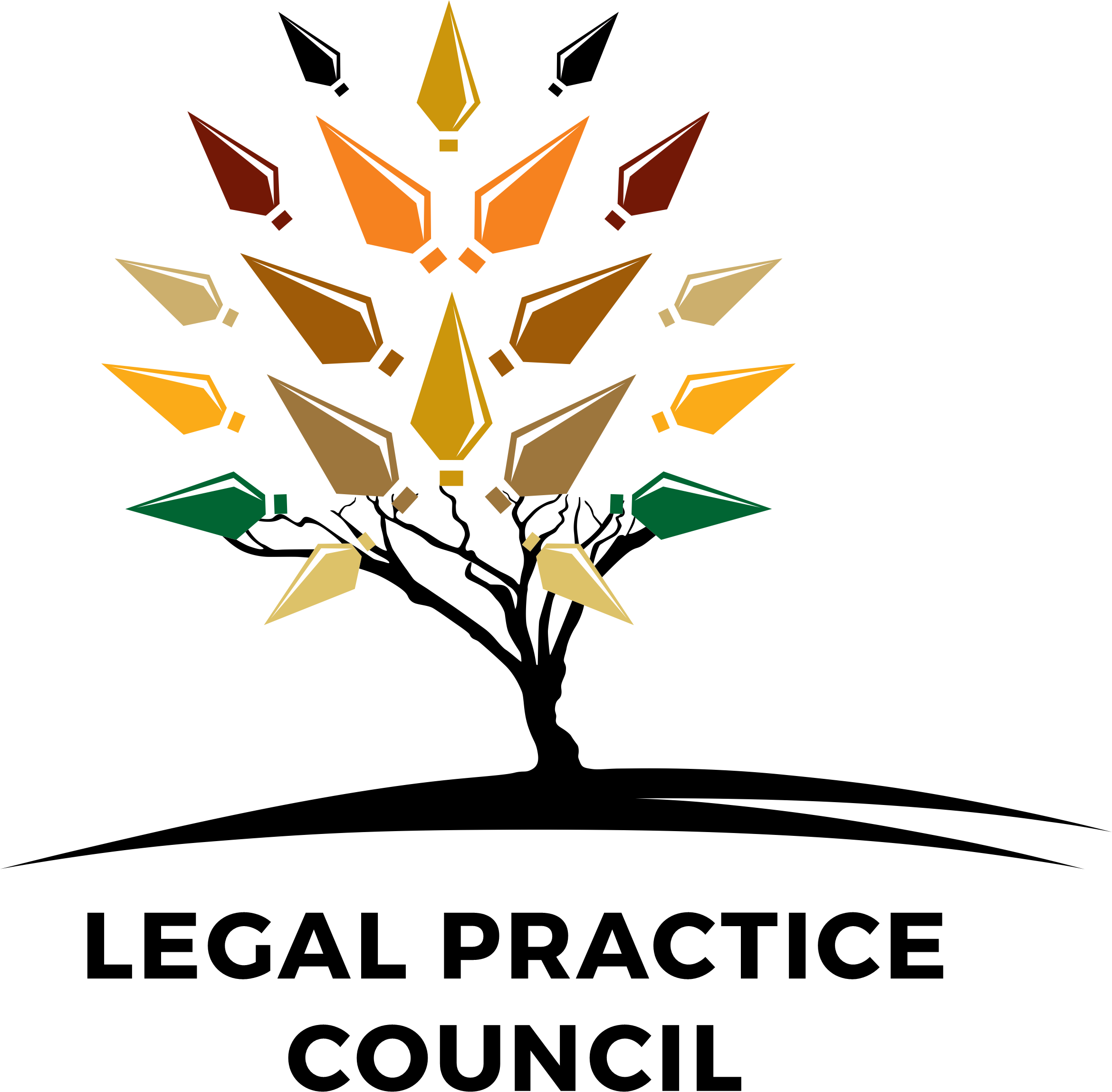FFC Verification
The Legal Practice Council (LPC) urges those legal practitioners who are required to be in possession of a Fidelity Fund Certificate (FFC) to always ensure they have a valid FFC, and encourages members of the public and stakeholders to check, when seeking legal services, whether their legal practitioner requires an FFC and, if so, that the legal practitioner is in possession of a valid FFC.
In terms of Section 84(1) and (2) of the Legal Practice Act every attorney or any advocate referred to in Section 34(2)(b), other than a legal practitioner in the full-time employ of the South African Human Rights Commission or the State as a state attorney or state advocate, and who practises or is deemed to practise (a) for his or her own account either alone or in partnership; or (b) as a director of a practice which is a juristic entity, must be in possession of a Fidelity Fund certificate.
In other words, every attorney who is a sole proprietor or who is a partner or director in a firm, and every trust account advocate (who is able to take instructions directly from clients), must have a valid FFC.
No such legal practitioner or person employed or supervised by that legal practitioner may receive or hold funds or property belonging to any person unless the legal practitioner concerned is in possession of a Fidelity Fund certificate.
The public is reminded that there is a risk, if they do not check, especially in the event where there is a complaint against a legal practitioner and there is no valid Fidelity Fund certificate – a claim cannot be considered by the Legal Practitioners Fidelity Fund.
All legal practitioners described in the third paragraph above are required to have valid FFCs which are renewed on an annual basis. The renewal process is a governance measure by the regulator (LPC) to ensure that funds are handled responsibly by the legal practitioners.
Members of the public can check which legal practitioners require an FFC and the validity of their FFC by using the link below.
